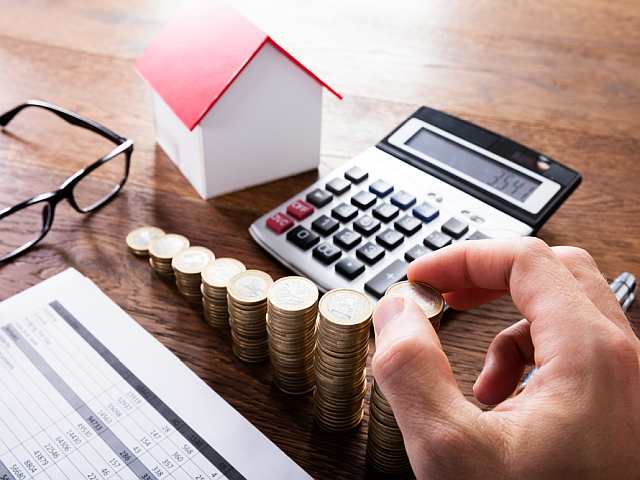When buying a property, the usual process is that transfer duty is payable by the buyer on the property, but if the property is registered in the name of a company it will be subject to VAT instead.

Nelio Mendes, marketing manager at SAProperty.com, says transfer duty is the usual tax levied on the sale of immovable property and VAT is levied on the supply of goods and services by a VAT vendor. Transfer duty is not to be confused with transfer fees, which is what is paid to the conveyancer for his services to transfer the property from seller to buyer.
To ascertain whether VAT or transfer duty is payable, one usually checks the status of the seller: if the seller is registered for VAT purposes, VAT is payable on the transaction and no transfer duty is payable by the buyer in the transaction. If the seller is not registered for VAT purposes, then transfer duty is payable on the transaction by the buyer.
The current rate of VAT is 15%, and when buying, it must be borne in mind that the buyer will never pay VAT as well as transfer duty, but must budget for that extra amount if VAT is payable. The usual amount paid in transfer duty is around 8%, so the difference might come as a “nasty surprise” if buyers didn’t realise that VAT was payable, says Mendes.
See the bond and transfer calculator
The other question which arises is whether VAT is included in the purchase price or not. As a general rule in South Africa, any purchase price must be VAT inclusive. Accordingly, if the transaction is a VAT transaction, then the purchase price will be inclusive of VAT unless the contract specifies that VAT is excluded from the purchase price.
“But before signing an offer to purchase, ask the right questions,” advises Mendes. The buyer must ask whether the seller is a VAT vendor. If the seller is, then the property forms part of his or her taxable supply.
Always remember in the VAT equation that this VAT can be claimed back, but at the time of selling the property, 15% must be set aside for the Receiver of Revenue. People must know and remember this as it can be quite a large amount that has to be factored in and taken note of by the agent.
Mendes says another thing to remember when selling a property registered for VAT is to tell the agent this, so that he or she is aware of this fact. “The commission paid to the agent must be calculated on the net amount and not the gross sales amount.”








